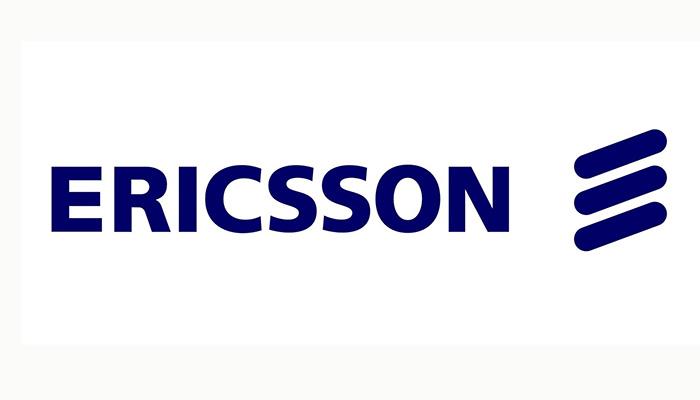
Ericsson takes legal action to ensure fair licensing agreement with Apple for mobile technology
Following Apple's action, Ericsson (NASDAQ: ERIC) has today filed a complaint in the United States District Court for the Eastern District of Texas requesting a ruling on Ericsson's proposed global licensing fees with Apple. During the past two years of negotiations, the companies have not been able to reach an agreement on licensing of Ericsson's patents that enable Apple's mobile devices to connect with the world and power many of their applications. Ericsson filed the suit in order to receive an independent assessment on whether Ericsson's global licensing offer complies with Ericsson's FRAND commitment.
Kasim Alfalahi, Chief Intellectual Property Officer at Ericsson, said: "Our goal is to reach a mutually beneficial resolution with Apple. They have been a valued partner for years and we hope to continue that partnership. Global sharing of technology has created the success of the mobile industry and allowed new entrants to quickly build successful businesses. We believe it is reasonable to get fair compensation from companies benefitting from the development we have made over the course of the last 30 years."
The global license agreement between Ericsson and Apple for mobile technology has expired and Apple has declined to take a new license on offered FRAND terms. Ericsson's Q4 2014 IPR revenue will include payment from Apple under previous agreement.
Ericsson is committed to licensing its standard-essential patents on FRAND terms to provide a level playing field for all companies, lower the barriers of entry, and increase competition and innovation. As a result of standardization and the FRAND principles, there are approximately 7.5 billion mobile subscriptions in the world today and mobile phones are the most sold consumer product globally.
Ericsson has one of the industry's strongest intellectual property portfolios, which includes more than 35,000 granted patents worldwide. To date, Ericsson has signed more than 100 patent-licensing agreements with most major players in the industry.
Kasim Alfalahi, Chief Intellectual Property Officer at Ericsson, said: "Our goal is to reach a mutually beneficial resolution with Apple. They have been a valued partner for years and we hope to continue that partnership. Global sharing of technology has created the success of the mobile industry and allowed new entrants to quickly build successful businesses. We believe it is reasonable to get fair compensation from companies benefitting from the development we have made over the course of the last 30 years."
The global license agreement between Ericsson and Apple for mobile technology has expired and Apple has declined to take a new license on offered FRAND terms. Ericsson's Q4 2014 IPR revenue will include payment from Apple under previous agreement.
Ericsson is committed to licensing its standard-essential patents on FRAND terms to provide a level playing field for all companies, lower the barriers of entry, and increase competition and innovation. As a result of standardization and the FRAND principles, there are approximately 7.5 billion mobile subscriptions in the world today and mobile phones are the most sold consumer product globally.
Ericsson has one of the industry's strongest intellectual property portfolios, which includes more than 35,000 granted patents worldwide. To date, Ericsson has signed more than 100 patent-licensing agreements with most major players in the industry.
Share:
ADD TO EYE OF Riyadh
MOST POPULAR
Emirates Publishers Association Sponsors Young Emirati Publishers at London and Bologna Book Fairs
Monday 31 March, 2025 5:06Abu Dhabi prepares to welcome global health leaders to Abu Dhabi Global Health Week 2025
Monday 31 March, 2025 4:05Crown Prince takes action to balance real estate sector in Riyadh
Monday 31 March, 2025 5:19CMA publishes study on evaluating compensation opportunities for affected parties
Monday 31 March, 2025 5:05REGA CEO says real estate balance measures regulate market, achieve stability
Monday 31 March, 2025 5:14 ×


























